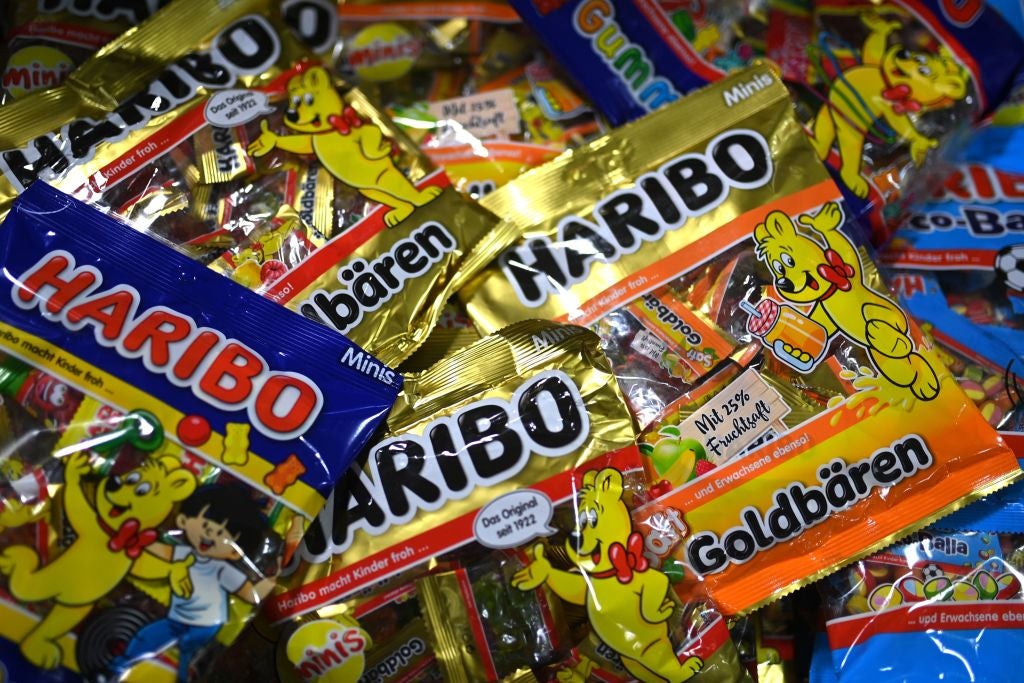[ad_1]

A wage agreement for confectionery workers in Germany has been struck after a third round of talks, bringing strike action to an end.
The Food-Genuss-Gaststätten (NGG) union representing about 60,000 workers reached an agreement yesterday (22 June) with the Federal Association of the Confectionery Industry (BDSI). The trade body represents confectionery and bakery companies such as Haribo, Nestlé and Bahlsen.
NGG, describing the deal as securing “significantly higher wages” for Germany’s confectionery employees, said the agreement will run for 14 months, after which the union will seek a further increase.
In May, the union called for industry-wide strike action to take place in June after a second round of pay talks with the BDSI collapsed, with NGG rejecting the offer. More than a week ago, around 1,000 confectionery workers took to the streets in the city of Aachen.
NGG said in a statement the “wage agreement was preceded by more than 60 warning strikes with thousands of participants”.
However, a decision in the Hamburg Labor Court earlier this month ruled in favour of a request from the BDSI to temporarily prohibit strikes from going ahead across nine states.
Freddy Adjan, the deputy chairman of the NGG, said in the statement: “This is a special wage agreement in special times. This result would have been impossible without the many impressive warning strikes
“With this new collective agreement, we are coming close to meeting our demand. The short term of 14 months will enable us to push wages in the industry up even further in just over a year.”
Yesterday’s agreement includes an ‘inflation compensation payment’ of €500 ($544.7) for all employees in July and €375 for trainees. Those payments will be matched again in January next year.
Confectionery workers’ pay in the lower pay groups A to E will increase by €350 per month, and those in pay groups in F to M will rise by €300. Trainees will get €175.
BDSI said the collective bargaining agreements enable a deal to be reached across the confectionery industry, rather than separate negotiations in the nine states.
Ernst Kammerinke, the managing director of the BDSI, said in a separate statement the negotiations were “intensive”. The 14-month agreement brings security for workers in an “extremely uncertain economic environment” to plan ahead into the early part of 2024.
[ad_2]
